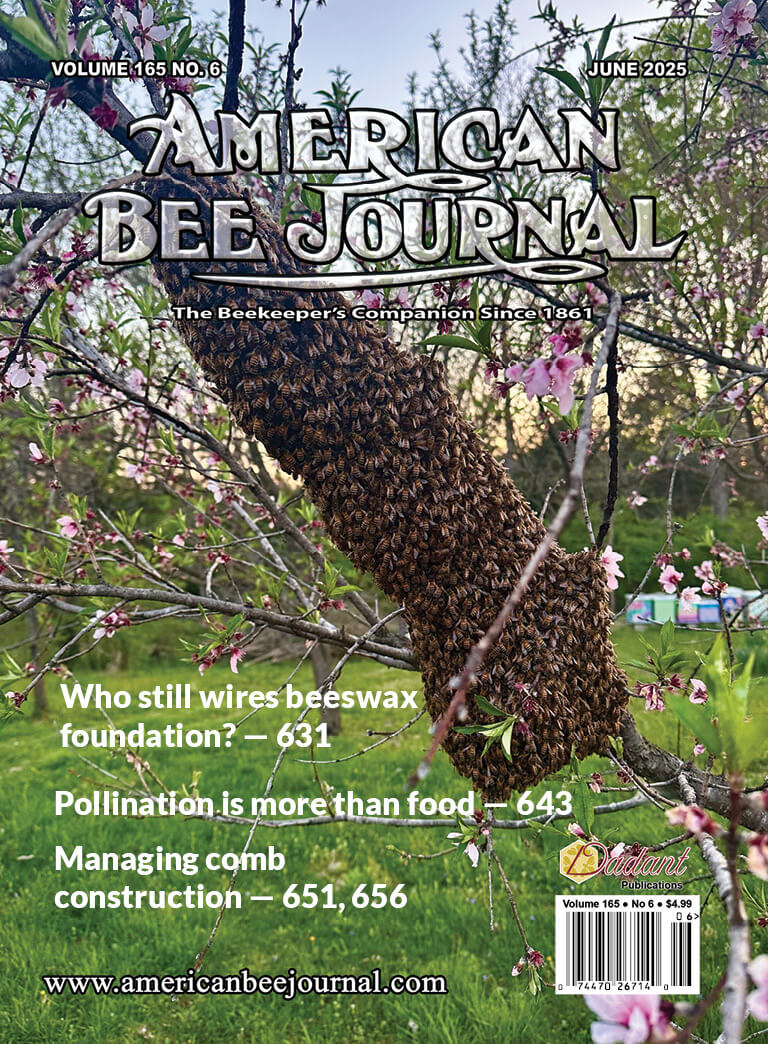The UC Davis-based California Master Beekeeper Program (CAMBP) has scheduled bee course: on instrumental insemination. This course will be held in the E.L. Niño Lab of the Harry H. Laidlaw Jr. Honey Bee Research Facility, located at 1 Bee Biology Road, UC Davis.
The course will be taught by CAMBP director and bee scientist Elina Niño, professor of Cooperative Extension, Apiculture and a member of the UC Davis Department of Entomology and Nematology faculty, and Laurent Rusert, doctoral candidate in the Niño lab. Reservations are now underway.
Introduction to Instrumental Insemination — $495.00
This is an in-person, one-day class, set for Saturday, June 28 from 9 a.m. to 3:30 p.m. Participants will practice instrumental insemination of queens, use a Schley insemination rig, and learn how to harvest and store drone semen. This class provides a comprehensive overview of the art and skill of instrumental insemination, and explores how beekeepers can engineer apiary genetics and mitigate for overly defensive bees. Seating for this class is limited. Lunch and refreshments will be provided.
See more at https://tinyurl.com/mvn8rkan
“Queen-Rearing Techniques” and “Instrumental Insemination” are the specialty at the E.L. Niño lab and are the only in-person classes offered this season.
“If cost is a roadblock, your local beekeeping association may have a scholarship to support your attendance,” said co-program managers Wendy Mather and Kian Nikzad.
During the breaks, the class participants will visit the adjacent UC Davis Bee Haven, a half-acre bee friendly demonstration garden maintained by the Department of Entomology and Nematology. It is anchored by a ceramic-mosaic sculpture of a six-foot long worker bee of ceramic-mosaic, the work of Donna Billick of Davis. Ceramic-mosaic sculptures of native bees decorate a wall of the garden shed.
Niño serves as the director of the garden. The team includes Samantha “Sam” Murray, garden coordinator; Joe Tauzer, Laidlaw facilities manager; and Mather and Nikzad.
CAMBP, founded by Professor Niño in 2016, uses science-based information to educate stewards and ambassadors for honey bees and beekeeping. It is a continuous train-the-trainer effort. “CAMBP’s vision,” as specified on its website, “is to certify Honey Bee Ambassador, Apprentice, Journey, and Master level beekeepers so they can effectively communicate the importance of honey bees and other pollinators within their communities, serve as mentors for other beekeepers, and become the informational conduit between the beekeeping communities throughout the state and UC Cooperative Extension staff.”


